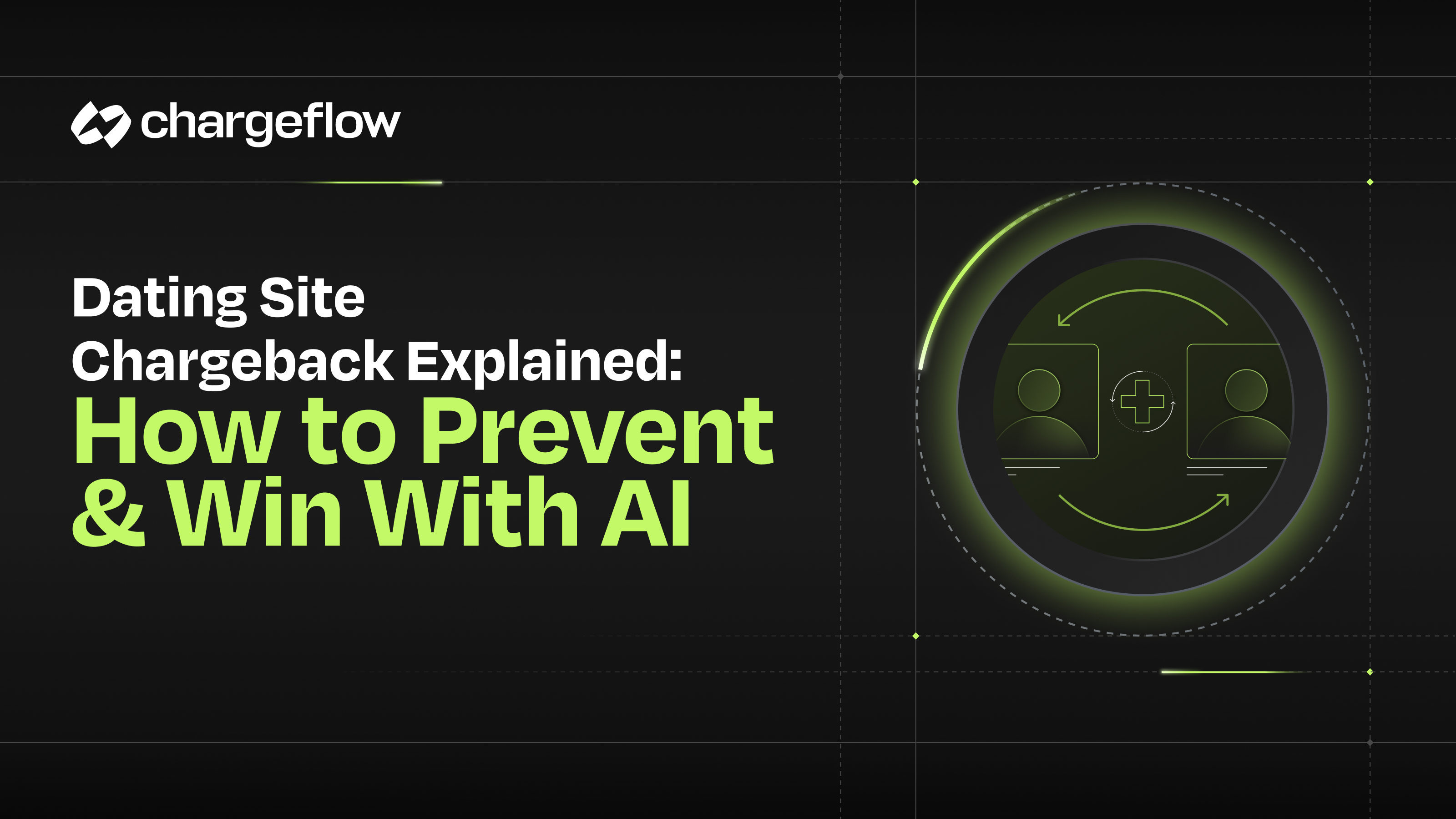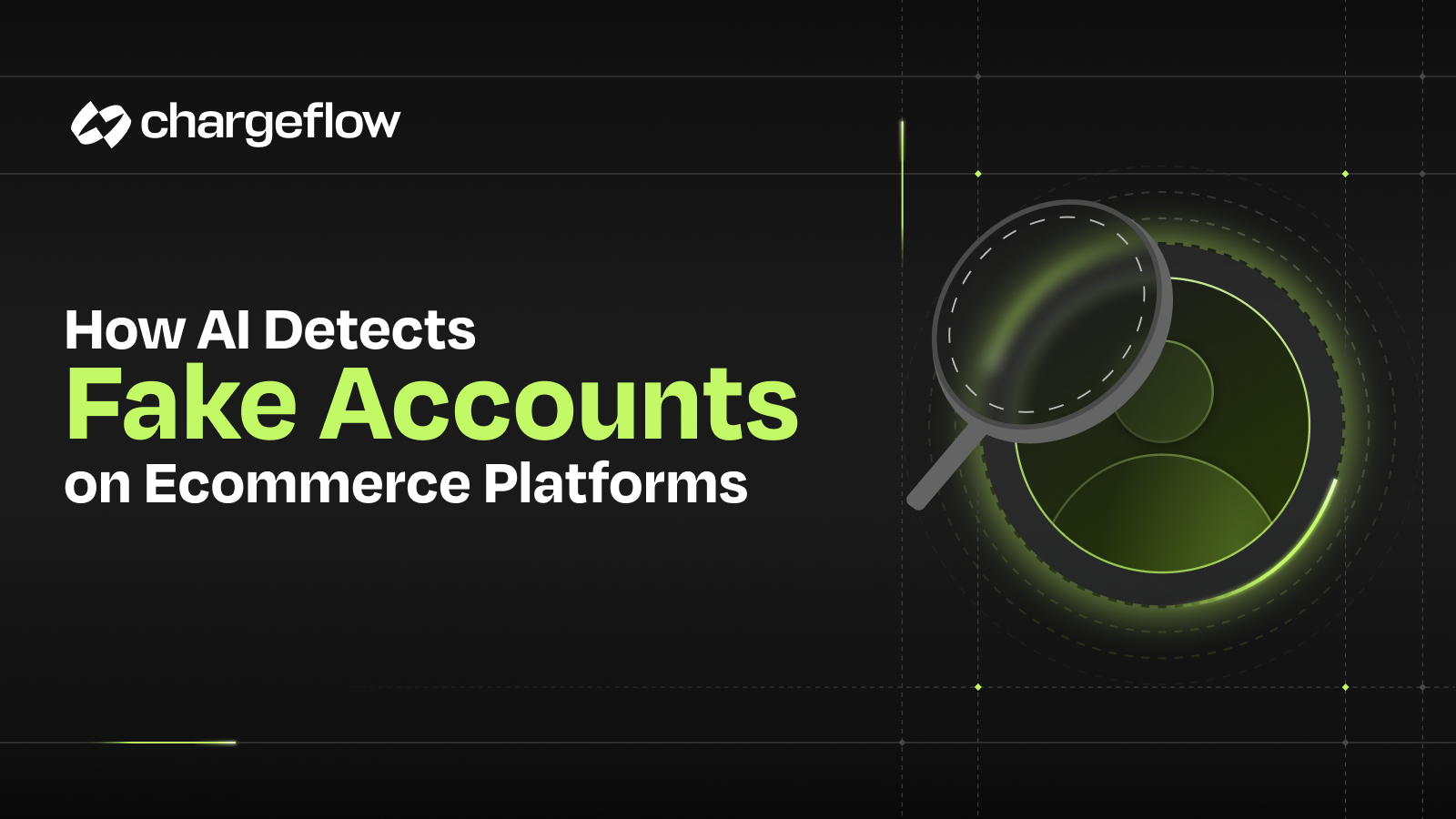Does a Bad Debt Expense Impact Chargebacks?

Chargebacks?
No longer your problem.
Recover 4x more chargebacks and prevent up to 90% of incoming ones, powered by AI and a global network of 15,000 merchants.
Bad Debt Expense and chargebacks are not directly related. Bad Debt Expense accounts for uncollectible debts, chargebacks involve disputed transactions.
Welcome to our comprehensive guide on the impact of bad debt expense on chargebacks. In the business world, bad debt expense and chargebacks are two critical aspects that can significantly affect a company's financial health.
Understanding the relationship between these two concepts is essential for businesses to effectively manage their revenue, minimize financial risks, and maintain a healthy cash flow.
In this article, we will delve into the intricacies of bad debt expense and chargebacks, exploring their definitions, implications, and how they interrelate. By the end of this guide, you will have a clear understanding of the impact that bad debt expense can have on chargebacks and vice versa, enabling you to make informed decisions to safeguard your business's financial stability.
Let's begin our journey by gaining a comprehensive understanding of bad debt expense and chargebacks, setting the foundation for the insights that will follow.
Understanding Bad Debt Expense
Bad debt expense refers to the amount of money a business considers uncollectible from its customers or clients. It is an essential aspect of financial management and plays a significant role in determining the overall financial health of a company.
When customers fail to make their payments, businesses face the risk of bad debt. This can occur due to various reasons, such as customers going bankrupt, defaulting on their payments, or simply refusing to pay. Economic downturns and financial instability can also contribute to an increase in bad debt expense.
Recognizing bad debt expense is crucial for accurate financial reporting. Businesses typically record bad debt expense as an operating expense on their income statement. This expense directly affects the bottom line and can reduce a company's net income. Moreover, it also impacts the balance sheet, specifically the accounts receivable balance.
Does Bad Debt Expense Influence Chargebacks?
Yes, bad debt expense can influence chargebacks. A merchant's bad debt expense is the amount of money that the merchant has written off as uncollectible. This can include money that is owed to the merchant from customers who have gone out of business, customers who have disputed charges, and customers who have simply refused to pay.
Merchants with a high bad debt expense are more likely to experience chargebacks. This is because customers who are already delinquent on their payments are more likely to dispute charges or file chargebacks. Additionally, merchants with a high bad debt expense may be seen as being less trustworthy by cardholders, which can lead to an increase in chargebacks.
Impact of Chargebacks on Bad Debt Expense
Chargebacks can have a significant impact on a business's bad debt expense. When a customer initiates a chargeback, the merchant is essentially forced to write off the amount of the charge as a loss. This can lead to a number of problems, including:
- Reduced revenue: Chargebacks represent lost revenue for merchants. The amount of the chargeback is deducted from the merchant's account by the cardholder's bank, and the merchant is not able to collect the funds from the customer.
- Increased costs: Chargebacks can also lead to increased costs for merchants. Merchants are typically charged a fee by their card processor for each chargeback that they receive. These fees can add up quickly, especially if a merchant is experiencing a high volume of chargebacks.
- Damaged reputation: Chargebacks can also damage a merchant's reputation. When customers see that a merchant has a high number of chargebacks, they may be less likely to do business with that merchant in the future.
To reduce the impact of chargebacks on their bad debt expense, merchants should take steps to prevent chargebacks from happening in the first place. This includes implementing strong fraud prevention measures, such as:
- Validating customer information at checkout
- Using risk-based decisioning to approve or decline transactions
- Monitoring for suspicious activity
Merchants should also be prepared to dispute chargebacks that they believe are fraudulent. By disputing chargebacks, merchants can increase their chances of recovering the funds that they lost.
Strategies to Manage Bad Debt Expense and Chargebacks
Managing bad debt expense and chargebacks is crucial for businesses to maintain financial stability and protect their bottom line. By implementing effective strategies, businesses can minimize the impact of these financial risks. Here are some key strategies to consider:
1. Establish Robust Credit Policies
- Set clear and comprehensive credit policies to assess the creditworthiness of customers before extending credit.
- Conduct thorough credit checks and evaluations to minimize the risk of non-payment and potential bad debt.
2. Improve Collections Processes
- Implement a proactive approach to collections, ensuring timely and consistent follow-ups on overdue payments.
- Utilize automated reminders and escalation procedures to prompt customers for payment and address any issues promptly.
3. Offer Flexible Payment Options
- Provide customers with multiple payment options, including credit cards, electronic fund transfers, and online payment platforms.
- Offering convenient and secure payment methods can help reduce the likelihood of chargebacks resulting from payment disputes.
4. Enhance Customer Communication
- Maintain open lines of communication with customers to address any concerns or issues promptly.
- Provide clear and transparent information about your products, services, and refund/return policies to minimize customer dissatisfaction and chargebacks.
5. Implement Effective Fraud Prevention Measures
- Utilize advanced fraud detection tools and techniques to identify and prevent fraudulent transactions.
- Implement strong security measures, such as encryption and secure payment gateways, to protect customer data and prevent unauthorized chargebacks.
6. Monitor and Analyze Chargeback Trends
- Regularly monitor and analyze chargeback data to identify patterns and trends.
- Use this information to proactively address common issues and implement preventive measures to reduce chargebacks.
7. Resolve Disputes Amicably
- Develop an effective dispute resolution process to address customer concerns and disputes promptly.
- Aim to resolve disputes amicably through open communication and fair resolutions to avoid chargebacks and maintain customer satisfaction.
8. Invest in Chargeback Management Solutions
- Consider utilizing chargeback management software or services that can help streamline the process and provide insights into chargeback trends.
- These solutions can automate chargeback handling, saving time and resources while reducing the risk of financial losses.
By implementing these strategies, businesses can effectively reduce bad debt expenses and minimize the impact of chargebacks. Remember, proactive measures and clear communication with customers are key to maintaining a healthy financial position and customer relationships.
The Role of Chargeflow in Managing Chargebacks
Chargeflow is a chargeback management platform that helps online merchants reduce chargebacks and improve their bottom line. Chargeflow uses machine learning and artificial intelligence to automate the chargeback process, from dispute initiation to resolution. This frees up merchants to focus on their core business activities, while Chargeflow handles the heavy lifting.
Here are some of the ways Chargeflow can help you manage chargebacks:
- Automated dispute initiation: Chargeflow automatically initiates disputes on your behalf, based on your merchant account settings. This ensures that you never miss a deadline and that your disputes are filed promptly.
- Machine learning-powered dispute response: Chargeflow uses machine learning to generate custom dispute responses that are tailored to each individual case. This increases your chances of winning disputes and recovering funds.
- Customer support: Chargeflow offers rigorous customer support to help you with any questions or problems you may have.
By using Chargeflow, you can reduce chargebacks, improve your bottom line, and free up your time to focus on growing your business.
Here are some of the benefits of using Chargeflow:
- Reduced chargebacks: Chargeflow's automated dispute process and machine learning-powered dispute responses can help you reduce chargebacks by up to 50%.
- Improved bottom line: By reducing chargebacks, you can keep more of your revenue. Chargeflow's customers have reported an average of $10,000 in savings per year.
- Freed-up time: Chargeflow's automated dispute process frees up your time so you can focus on your core business activities.
- Peace of mind: Knowing that Chargeflow is handling your chargebacks can give you peace of mind and allow you to focus on growing your business.
If you're an online merchant, we encourage you to try Chargeflow. It's a powerful tool that can help you reduce chargebacks and improve your bottom line.

Chargebacks?
No longer your problem.
Recover 4x more chargebacks and prevent up to 90% of incoming ones, powered by AI and a global network of 15,000 merchants.






























.png)








